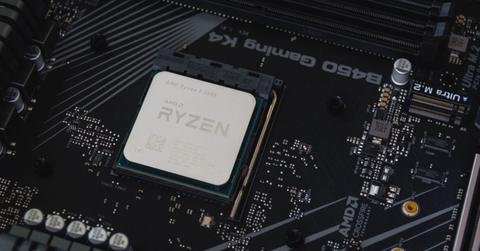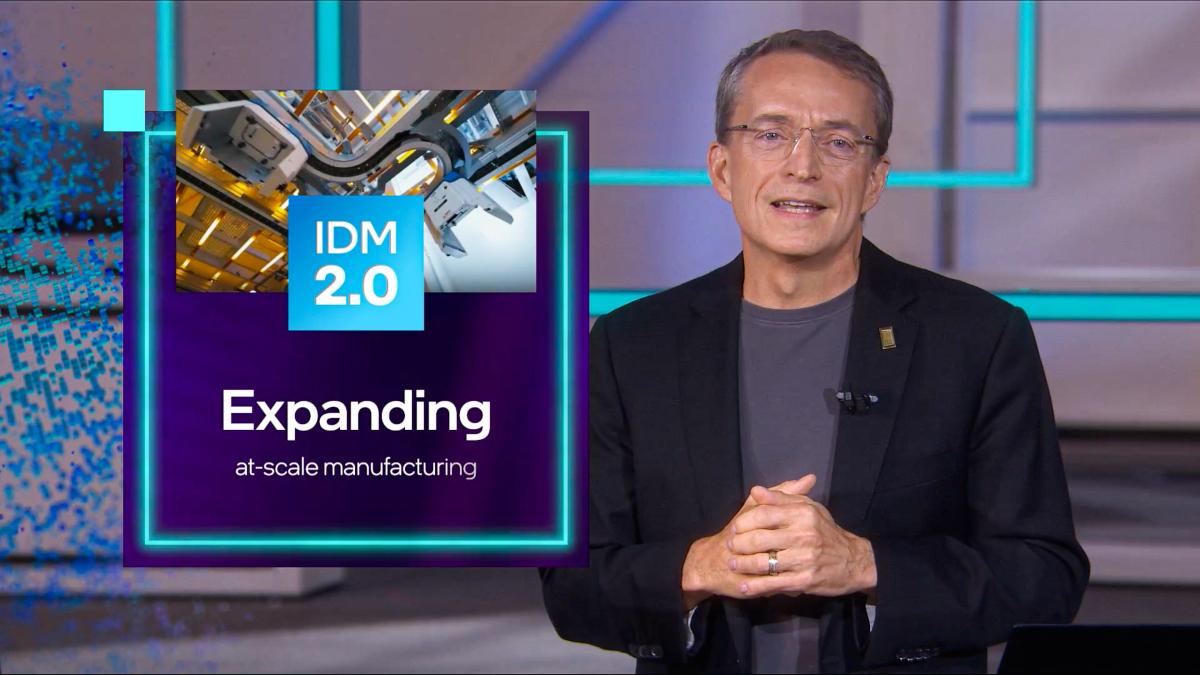Why Is There a Semiconductor Shortage and When Will It End?
The ongoing semiconductor shortage has been hurting several industries. Why is there a shortage and when will it end?
Nov. 1 2021, Published 8:24 a.m. ET

Supply chain and labor availability issues have been the highlight of earnings calls. There's a semiconductor chip shortage, which has been hurting several industries. Apple said that it lost $6 billion in sales in its fiscal fourth quarter of 2021 due to the chip shortage. Missing the top line also cost the iPhone-maker its position as the largest company by market cap. Why is there a semiconductor shortage and when will it end?
Over 150 industries have been impacted by the chip shortage in some way. However, the automotive industry and consumer electronics companies have been impacted the most.
Which industries are impacted by chip shortages?
The automotive industry has been affected the most. The automotive industry is estimated to lose upwards of $200 billion in revenues in 2021 due to the chip shortage. PC makers and smartphone companies are also losing out on sales due to the chip shortage. The solar industry has seen production bottlenecks due to the semiconductor chip shortage.

While Tesla CEO Elon Musk has talked about the semiconductor shortage, the company’s production plans haven't been impacted much and it churned out record numbers of vehicles in the third quarter of 2021. Except for Tesla, most automakers—big or small—have been witnessing production curtailments due to chip shortages.
Why is there a semiconductor shortage?
Like most of the other goods that are in short supply, the COVID-19 pandemic has contributed to the semiconductor shortage. A lot of chip plants were closed due to the pandemic. Chip demand also tumbled and many end-users cut their order projections with chipmakers. However, the demand rebounded much sharper than even the most optimistic observers would have envisioned.
The winter storms in Texas and a fire at the Renesas plant in Japan, which is a leading chip supplier to the automotive industry, also added to the supply shortfall. Add the labor shortage and logistics issues, and we have a perfect storm.
When will the semiconductor shortage end?
In the first half of 2021, most companies said that they expect the chip shortage situation to get much better in the second half of the year. Now, the goal has shifted to 2022 and Intel expects the chip shortage to extend into 2023 also.
Other chipmakers have a somewhat optimistic forecast. While Nvidia expects the chip shortage to extend into most of 2022, AMD expects the situation to be a lot better in the second half of 2022.
Chipmakers are pouring billions of dollars into new plants, including in the U.S. For example, Intel announced $20 billion in new plants in the U.S. Micron is also looking to invest in new plants in the U.S.
What’s the Biden administration doing to improve chip availability?
The Biden administration is looking at both a short-term and long-term approach to address the chip shortage situation. It has asked Taiwan to increase the chip supply to U.S. consumers.
Meanwhile, the chip shortage has helped bring attention to the glaring demand-supply mismatch in the U.S. The country has to import a lot of semiconductors. Building chip plants in the U.S. is more expensive than building them in Asia.
The Senate passed the Chips Act in June but it hasn’t gone through the House yet. The Act has proposed funding for semiconductors, which would help set up new plants in the country.
As Commerce Secretary Gina Raimondo said, "Fundamentally the solution is that we need to make more chips, and we need to make more chips in America, which is why the House can't pass the Chips Act fast enough, as far as I am concerned.”

